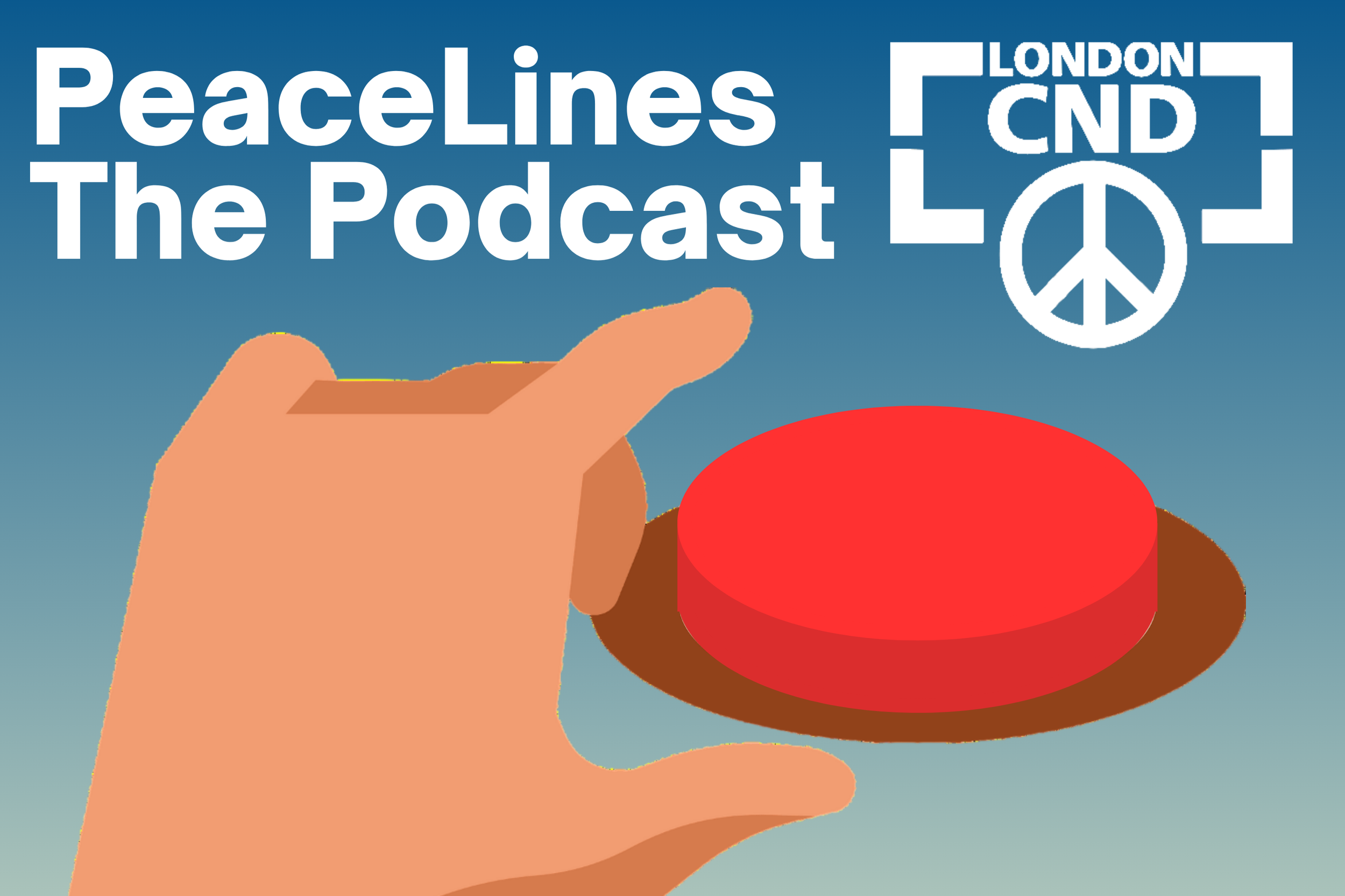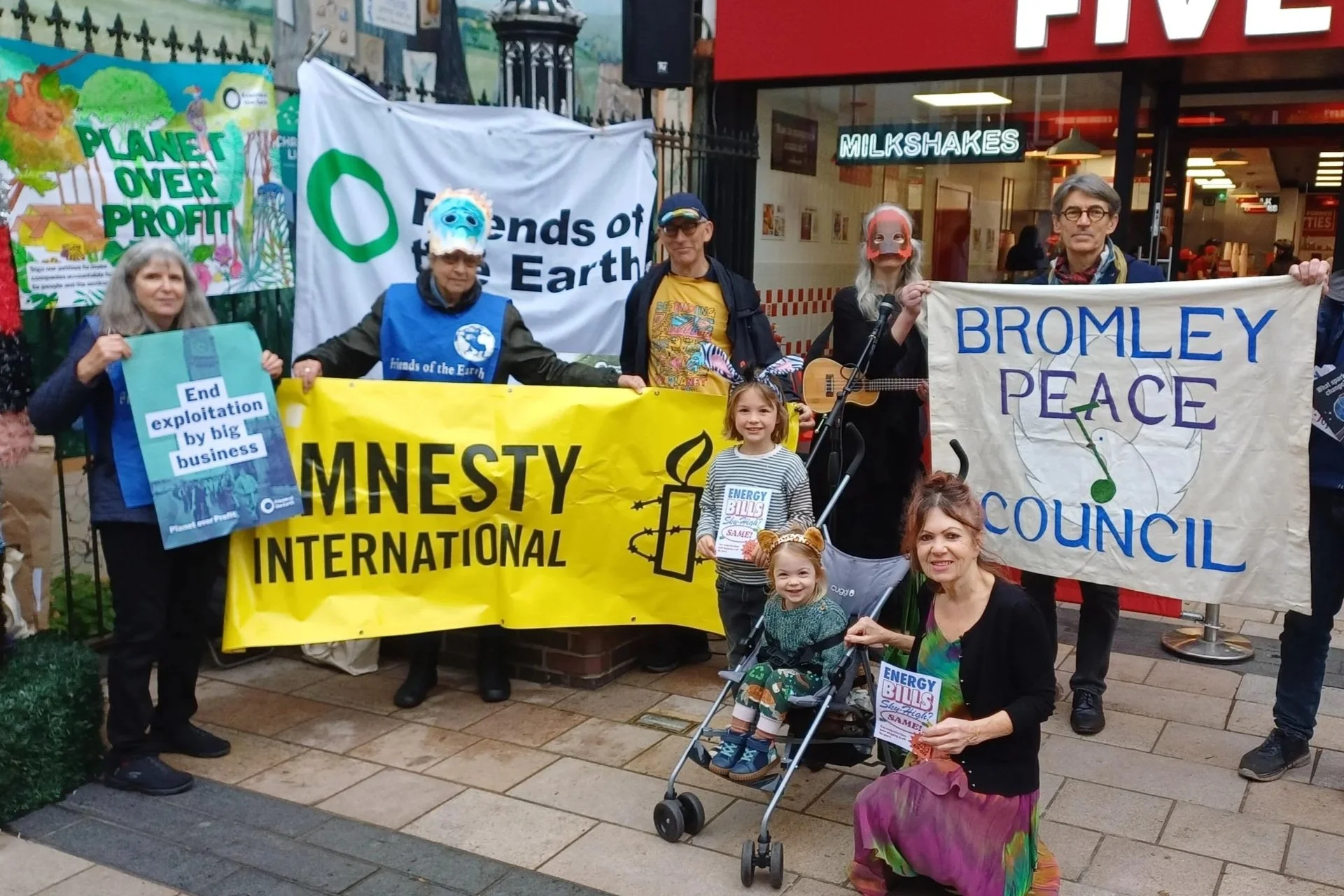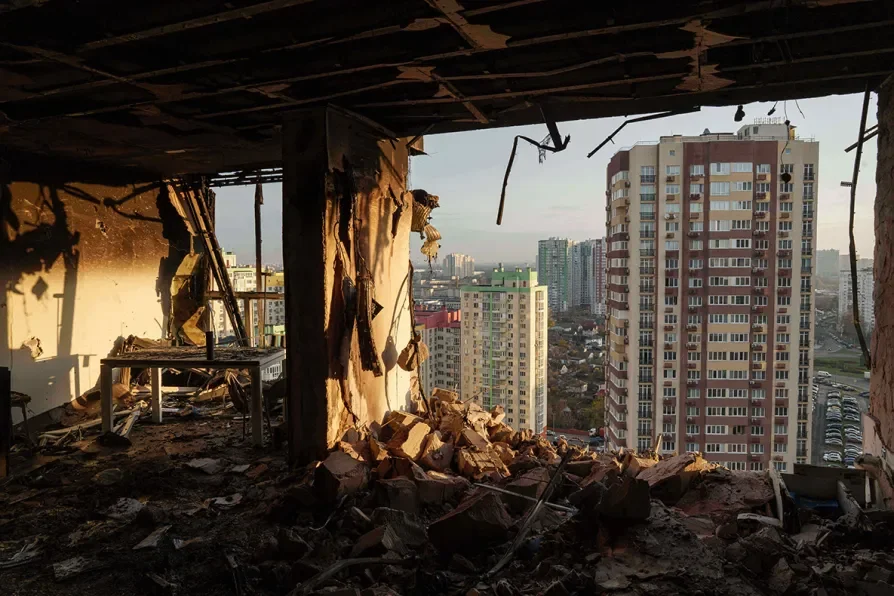NUCLEAR SUBMARINES FOR AUSTRALIA
By David Polden, first published in Kick Nuclear September/October 2021
-
On September 15th, a trilateral security pact was announced between Australia, the UK and the US by Boris Johnson, Joe Biden and Scott Morrison, Australian PM. The pact is named “Aukus” for obvious reasons.
Under the pact, the US and the UK agree to help Australia to develop and deploy nuclear-powered submarines, adding to the Western military presence in the Pacific region.
Alongside the construction of the submarines, Aukus will also cover sharing artificial intelligence and cyber and quantum technologies.
When the submarines are built it will make Australia the seventh country in the world to have nuclear-powered submarines.
A joint statement by the three leaders said the deal will “sustain peace and stability in the Indo-Pacific region”.
In contrast, Chinese Foreign Ministry spokesman Zhao Lijian said the three countries were “severely damaging regional peace and stability, intensifying an arms race, and damaging international nuclear non-proliferation efforts”.
In an article in the Chinese Global Times, seen as a Communist party mouthpiece, there was even a warning that Aukus could make Australia the target of a nuclear strike by China.
At a subsequent press conference Scott Morrison did not confirm whether Australia would purchase British-built BAE Systems Astute class submarines or the Virginia class vessels constructed in the US.
The pact comes as Beijing has been rapidly expanding its military, surface fleet and aircraft. UK Defence Secretary Ben Wallace said that the country now has “one of the largest armed forces on the planet”.
Though the subs will be nuclear-powered, they are said not planned to be nuclear-armed, but carry “conventional” Cruise missiles. This is a dangerous enough ingredient in the new cold war in the Pacific between the US and China, which will ratchet-up the arms race between the two, which might well be in terms of nuclear as well as conventional arms.
Another aspects of the pact are that it draws the UK and Australia deeper into the stand-off between the US and China in the Pacific.
So is this what the government means by “Global Britain”, one that involves itself as junior partner to the US even in conflicts in far-off parts the world? It certainly doesn’t seem to mean being interested in humanitarian involvement in the world as a recent slashing of international aid from 0.7% to 0.5% of gross national product shows.
In a statement the International Physicians for the prevention of Nuclear War stated:
“Australia’s submarines are very likely to be fuelled, as US and UK submarines are, by highly enriched uranium (HEU), which is directly usable in nuclear weapons. The US and UK have resisted and delayed efforts to convert their naval reactors to much less proliferation-prone low-enriched uranium fuel, as France and China have done.
“The proposed Australian submarines could well encourage other states, such as South Korea, Japan and Iran to pursue a similar path. Some within Australia, including within government, have used the recent announcement to call for Australia to embrace nuclear power, and, alarmingly, there are calls for Australia to be prepared to acquire its own nuclear weapons. Submarine reactors fuelled with HEU would provide raw material with which to achieve this goal.
“[Also] adding to proliferation risks is the UK announcement in March of a planned 40% increase in its nuclear arsenal, which is in breach of its nuclear Non-Proliferation Treaty (NPT) obligations. The UK and US are modernising their nuclear arsenals, also in breach of their NPT commitment to disarm.
“There is additional risk of accidents and terrorist attack. Such disasters while a nuclear-powered vessel is in port risks harmful radioactive contamination of cities. Many cities around the world oppose visits of such vessels to their harbours for that reason. A total of eight nuclear-powered submarines have sunk because of accidents at sea between 1963 and 2003, contributing to the radioactive pollution of our oceans.
“The high level radioactive waste from reactors poses a further long-term problem for which there is thus far no solution. Already, Australia’s problem of managing its much smaller amount of intermediate level radioactive waste is not resolved.
“All three nations involved in this deal should turn their attention from arming the world to supporting global efforts for a nuclear-weapons free world. The most important step they - and other nations that have not done so - could take to hasten this goal would be to join the 2017 UN Treaty on the Prohibition of Nuclear Weapons.” (Report much edited.)










